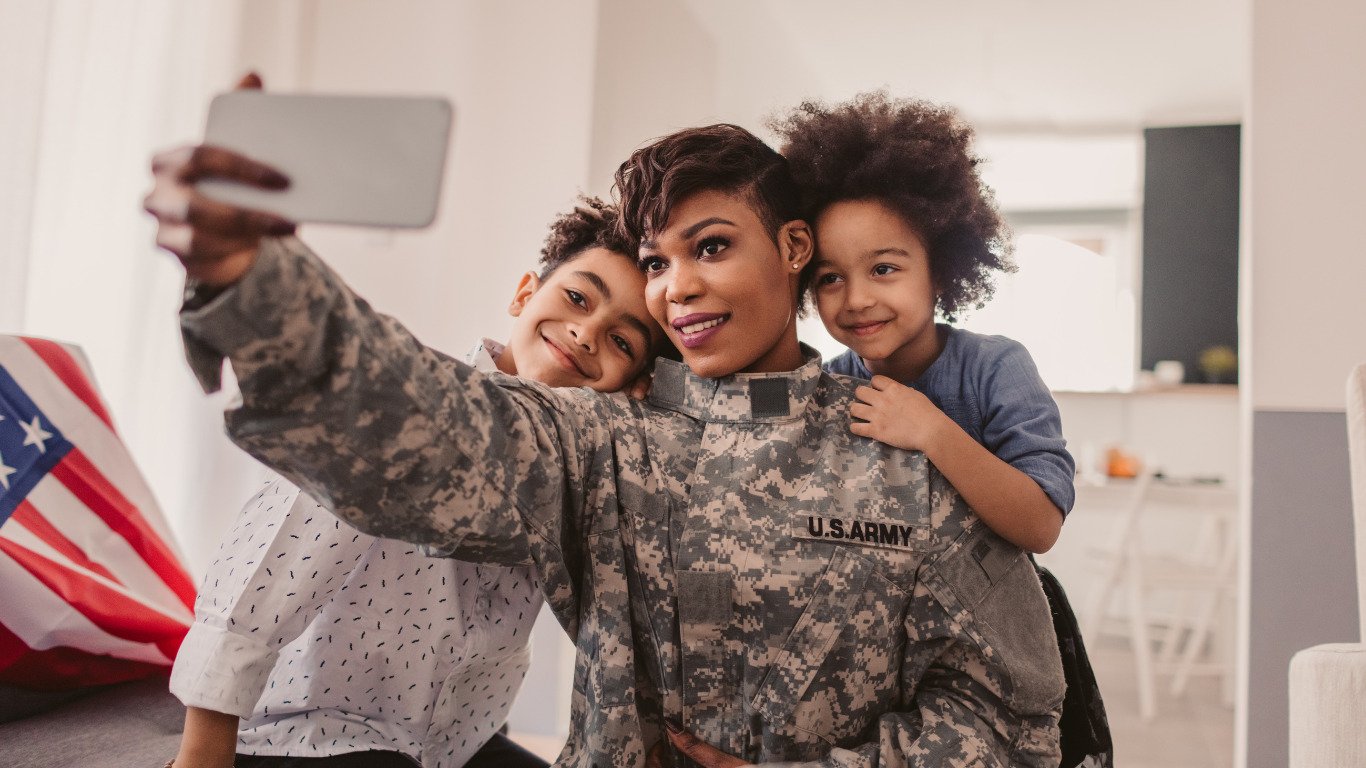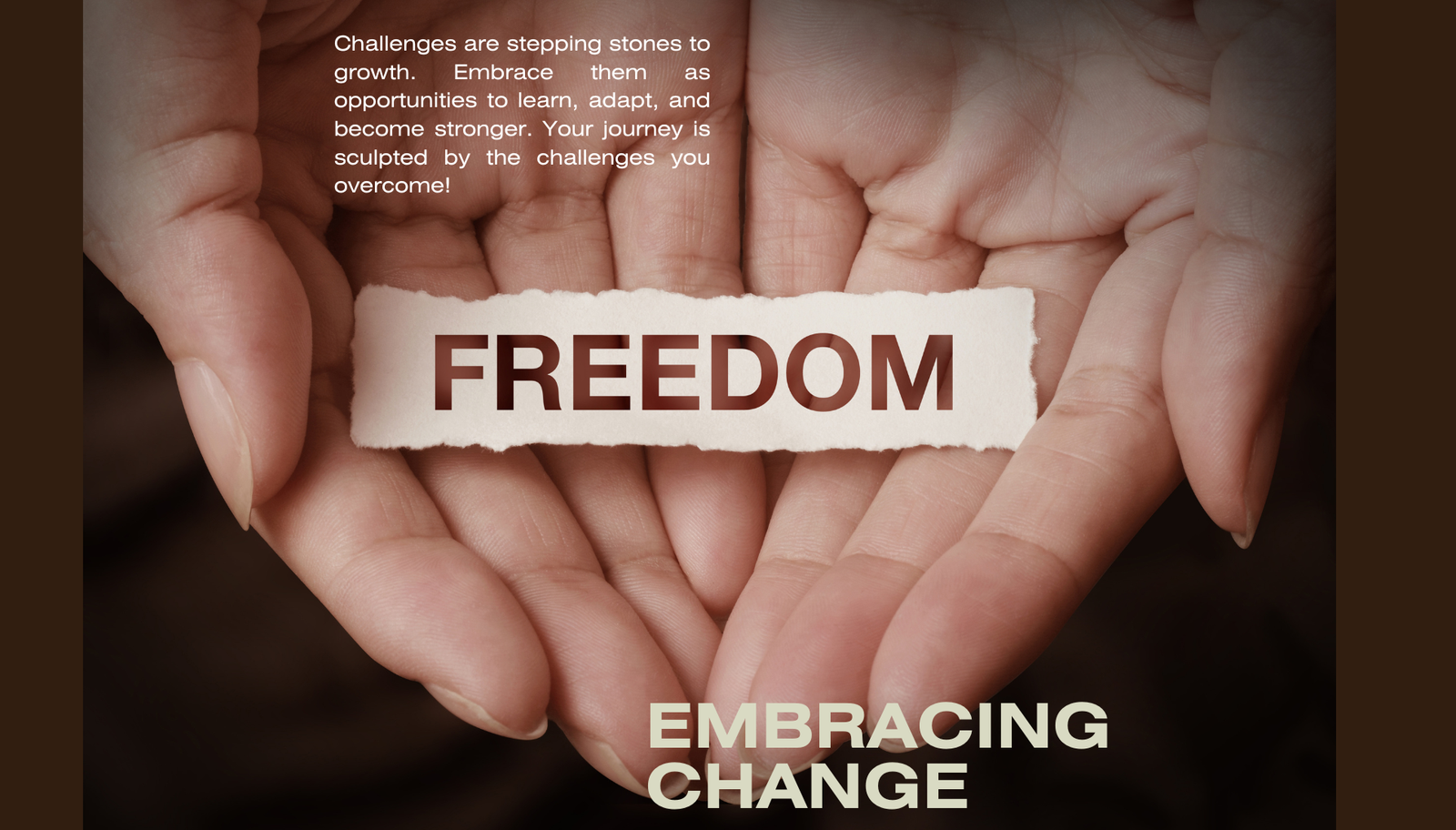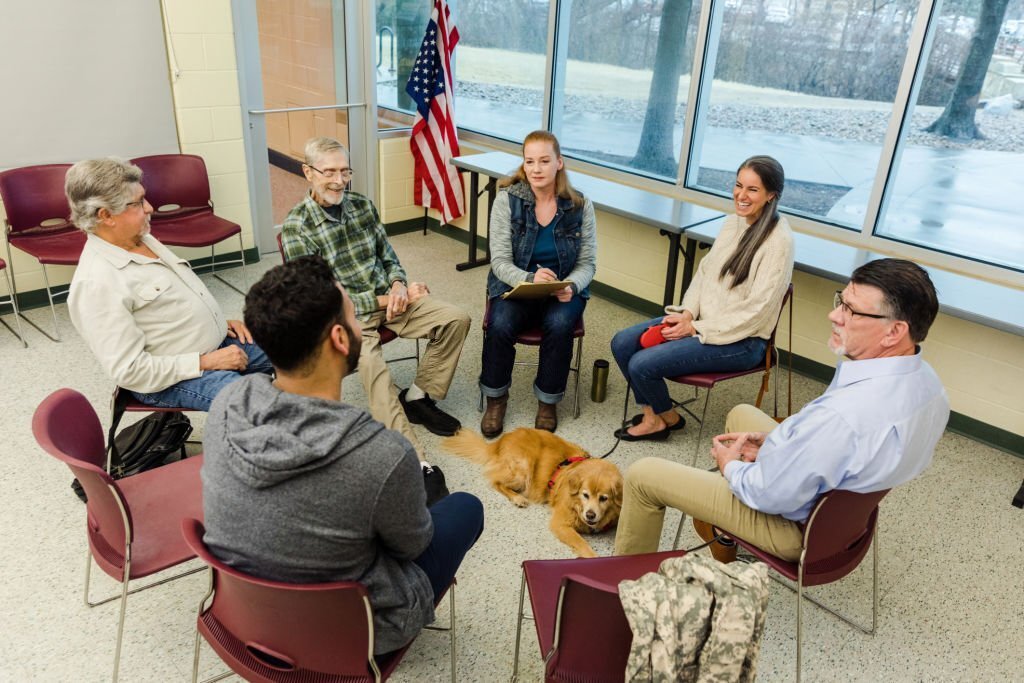
Coming Home: Supporting the Healing Journey from PTSD and IPV
November 7, 2024

The transition from military service to civilian life presents unique challenges, including the impact of post-traumatic stress disorder (PTSD) and intimate partner violence (IPV). Understanding the predictors of trauma and the factors influencing the prognosis of PTSD and IPV is essential in enhancing treatment outcomes and supporting the healing journey for veterans and their families.
Understanding the Impact of Trauma on Veterans
The prevalence of PTSD and IPV in the military community reflects the difficult experiences that come with military service. Symptoms of PTSD can manifest as intrusive memories, avoidance behaviors, changes in emotional reactions, and negative thought patterns. The duration and intensity of symptoms can vary, but every individual’s experience with trauma is valid and requires compassionate, trauma-informed support.
Identifying Predictors and Prognosis for PTSD and IPV
Recognizing the predictors of PTSD is a key step in developing effective support systems for veterans. Factors such as combat exposure, military sexual trauma (MST), and multiple deployments can significantly influence mental health outcomes. By understanding these risk factors, support can be tailored to address the unique needs of service members facing trauma-related challenges.
Treatment and Coping Strategies for PTSD and IPV
Effective PTSD treatment and IPV recovery rely on a collaborative approach. Coping strategies such as therapy, mental health first aid, and community-based support play a critical role in the recovery process. These resources offer practical tools for managing PTSD symptoms, building resilience, and addressing the emotional impact of IPV.
The Importance of Supportive Partnerships in Healing
A successful approach to PTSD recovery and IPV support includes collaborative partnerships that prioritize holistic care. Organizations like Warrior’s Purse serve as crucial allies, providing veteran support services, education, and community awareness campaigns that address local and national veterans’ issues. By promoting veterans’ mental health awareness, Warrior’s Purse fosters greater understanding and advocacy for those who have served.
Empowering Veterans and Families Through Comprehensive Support
Empowerment is central to the mission at Warrior’s Purse. The organization strives to provide the knowledge and resources necessary to navigate the complexities of PTSD and IPV. Through partnerships that honor the strength and resilience of veterans and their families, Warrior’s Purse aims to promote healing and recovery.
Connecting with Warrior’s Purse for PTSD and IPV Support
The journey toward healing from PTSD and IPV is ongoing, and Warrior’s Purse is committed to offering unwavering support for veterans and their families. For those experiencing the effects of trauma-related conditions, the organization provides a range of veteran-centered services designed to facilitate recovery and empower individuals to thrive.
Reach out to Warrior’s Purse for a personalized consultation or visit our website to learn more about our programs for PTSD and IPV support. Together, we can build a future where all service members have access to comprehensive care and the support they need to lead fulfilling lives.
Resources for Understanding PTSD and IPV in the Military Community
For more information on PTSD and IPV, consider these resources:
- Department of Defense Annual Report on Sexual Assault in the Military: DoD Annual Report
- Journal of Interpersonal Violence: Journal of Interpersonal Violence
- National Institute of Justice – Intimate Partner Violence: NIJ – Intimate Partner Violence
- McLean Hospital’s Essential Guide to Military Trauma: McLean Hospital – Military Trauma



